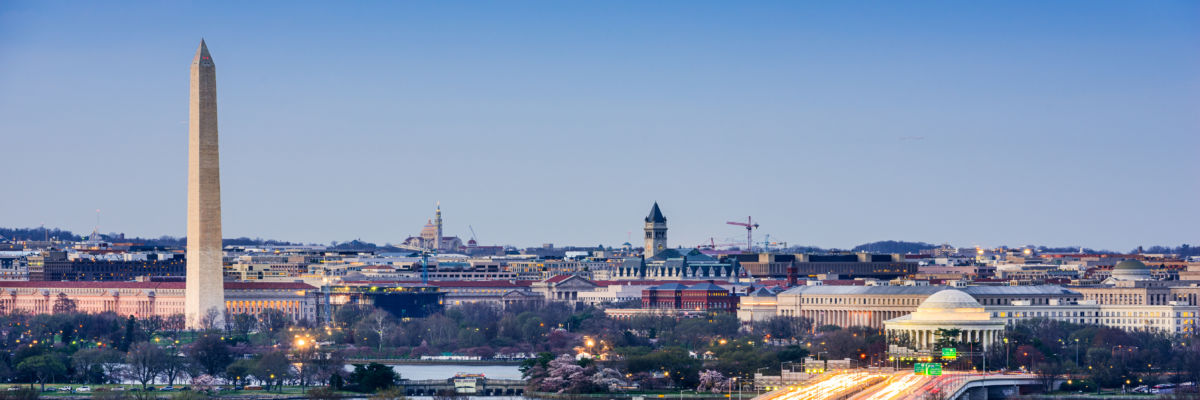
What do we mean when we use the word culture today? What has our culture become, and what should it be? What special role may Catholics play in restoring what is valuable from the past and building what is necessary for the future?
The word culture derives from the Latin “cultus,” which denotes worship. The Oxford English Dictionary defines the word’s modern meaning as “the distinctive customs, achievements, products, outlook, etc., of a society or group; the way of life of a society or group.” Mash the two together, and we see that “culture” essentially means what a group chooses to hold in highest regard—what we worship.
In the early Church, a new Christian culture grew up from Jewish and Hellenistic roots. In its simplest form, we find what it looks like in Acts 2:42, where “they devoted themselves to the apostles teaching and fellowship, to the breaking of bread and the prayers.” Whether Jew or Gentile, the first Christians built their lives around God and each other, and despite waves of persecution at different times, their numbers grew rapidly. In short, they worshiped properly. As a result, Christian culture eventually gave way to European Christendom, where every aspect of society had its meaning in the life of Christ and the Catholic Church.
In the United States, there used to be a sense of culture. Religion was only one part. The high-water mark of American cohesion came at the dawn of the mass media age, after World War II, where, despite racial tensions and socioeconomic differences, Americans had a more coherent outlook than ever before. There were three television stations, and everybody watched them. Whether this culture was good, bad, or something in between is debatable, but a culture—a popular culture—certainly existed. Moreover, Catholics, Protestants, and Jews were finally getting along relatively well. I often note that my four Protestant grandparents all loved watching Fulton Sheen on television. Many Catholics of a previous era often say the same thing about Billy Graham.
In recent years, however, America has tribalized, and not just because of religious differences. It turns out that watching the same TV shows in one generation did not keep us connected in the next. Our primary loyalties are now generally not to a large group whose membership we cannot easily control (like a country, a religion, or even a neighborhood), but to our specific identity markers and hobbies. Hence, we often talk about “cultures,” rather than culture, identifying not only things like “Hispanic culture” and “youth culture,” but also “coffee culture,” “cycling culture,” and “video game culture.” By extension, we talk about “communities” rather than “community,” affiliating with ideologically like minds rather than our next-door neighbors. In its worst guise, our fragmentation leads to deep enmity or even violence among groups with competing worldviews, even though they inhabit the same nation or region, work the same jobs, and go to the same schools.
Our cultural divides in America may be too great to fix easily or quickly; restoring Christendom seems too far off even to talk about seriously. But the Church is committed to unity in Christ, and therefore we may have a special role to play in re-establishing Christian culture in the West as more and more people look for belonging. There are so many options, and the Church may be in a good position now to distinguish itself not just as the best one, but the real one. Catholics are not playing word games when we tell the world we know what—or rather, who—is worthy of our common prayer, common striving, and common life.
The Anglo-American poet T.S. Eliot was not a Catholic, but he believed that a thoroughly Christian culture should be and could be achieved in the modern world. He knew that it would be difficult, but the task was nonetheless of the greatest importance. He wrote, “It is urgent because it is fundamental.”
The idea of re-Christianizing our non-religious or even pagan society is daunting, but if we really believe the claims of Christ and the Church are true for the whole world—not just a source of individual consolation—then we have to no choice but to act. Moreover, we can point to the treasure trove of our cultural heritage to welcome people on board. There must be some people out there who believe we are capable of having more buildings like Notre Dame Cathedral and more sculptures like the Pietà, right? Eliot notes, “The only hopeful course for a society which would thrive and continue its creative activity in the arts of civilization, is to become Christian.”
Remembering the power of our words, Catholics should be careful not to speak as though our faith were just one option among many—just one of the “cultures” or “communities” to choose if it feels right. The Church is for everyone, and therefore its culture is universal. After all, the message of the Gospel, unlike the Newspeak of the progressive, secular establishment, means just what it says: Good News, which St. Paul calls “a plan for the fullness of time, to unite all things in him, things in heaven and things on earth” (Eph. 1:10).
One culture.
We should make no apologies about hoping, praying, and strategizing to bring people into this one holy body—a glorious we focused on all the right things.
So, next time you hear someone use the word “culture,” speak up.



